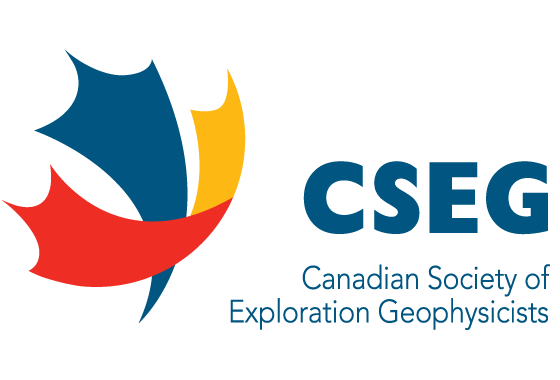Biography
Dr. Jennifer L. Miskimins is an Associate Professor in the Petroleum Engineering Department at the Colorado School of Mines (CSM) in Golden, CO, where she also serves as the Associate Department Head. Dr. Miskimins holds B.S., M.S., and Ph.D. degrees in petroleum engineering. Prior to joining CSM, she worked for Marathon Oil Company in a variety of locations. Dr. Miskimins is the founder and Director of the Fracturing, Acidizing, Stimulation Technology (FAST) Consortium at CSM. She conducts research in the areas of completions and stimulation and also teaches undergraduate and graduate classes on these subjects. She is a member of SPE, SPWLA, and AAPG, was an SPE Distinguished Lecturer for 2010-2011 and 2013-2014, and currently serves on the SPE Board of Directors as the Completions Technical Director.
Description
This two-day short course provides a broad, basic understanding of completion and stimulation techniques. Focus is placed on the design, construction, and stimulation of both vertical and horizontal wells. Specific topics discussed include wellbore integrity and design, completion types, downhole tools such as packers and bridge plugs, formation damage, and stimulation techniques including hydraulic fracturing and acidizing. As the title implies, the course is designed for geophysicists and other geoscientists and approaches these topics from a multidisciplinary viewpoint to facilitate the input of geological and petrophysical components into completion and stimulation operations. Data and information that should be considered and shared by all disciplines is discussed. Why certain completion and stimulation techniques are chosen in certain reservoirs versus others is also reviewed.




